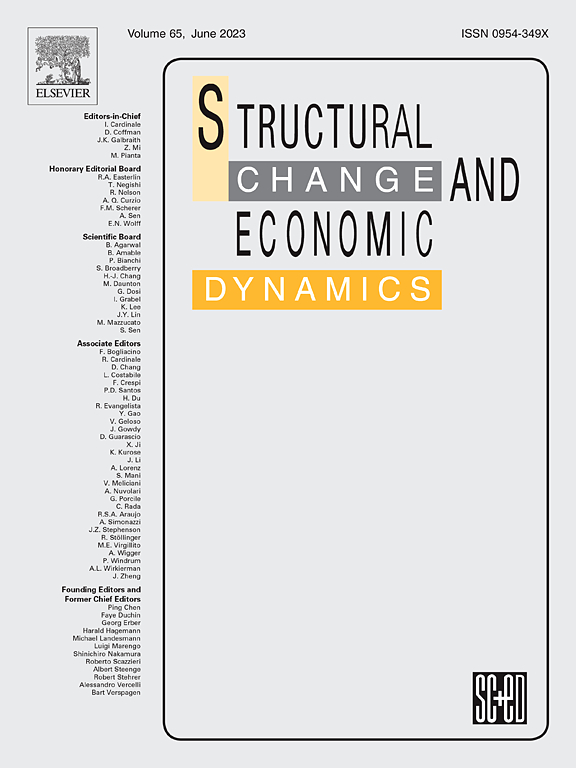Profit produced by post-pandemic inflation: Evidence from an emerging economy
IF 5
2区 经济学
Q1 ECONOMICS
引用次数: 0
Abstract
This paper focuses on the post-pandemic inflationary context, providing further details on how rising corporate profits contribute to the inflationary process in Türkiye. Using quarterly data from 2010 to 2022, we extend the existing literature by employing the Quantile ARDL method to assess the roles that both cost-push and demand-pull factors play in post-pandemic inflation. The chosen empirical strategy is motivated by the main objective of the study, as it allows us to quantify how the factors contributing to inflationary process differ when comparing periods of high inflation (higher quantiles) with periods of low inflation (lower quantiles). The empirical findings support the idea that the drivers of Turkish inflation are context-dependent, with specific causes emerging during inflationary episodes. The results show that cost-push factors, rather than demand-pull factors, are the main cause of the post-pandemic inflation surge in Türkiye. Our estimation results show that the coefficient for interest rates in Türkiye is only -0.42 %, while the corresponding figure for the profit share is 5.26 %, indicating that the effect of the profit share is 12 times greater than that of interest rate. We also find evidence of conflict and profit-driven inflation, confirming that the post-pandemic inflation surge in Türkiye is largely driven by cost-push factors and rising profits.
求助全文
约1分钟内获得全文
求助全文
来源期刊

Structural Change and Economic Dynamics
ECONOMICS-
CiteScore
9.60
自引率
4.90%
发文量
159
期刊介绍:
Structural Change and Economic Dynamics publishes articles about theoretical, applied and methodological aspects of structural change in economic systems. The journal publishes work analysing dynamics and structural breaks in economic, technological, behavioural and institutional patterns.
 求助内容:
求助内容: 应助结果提醒方式:
应助结果提醒方式:


